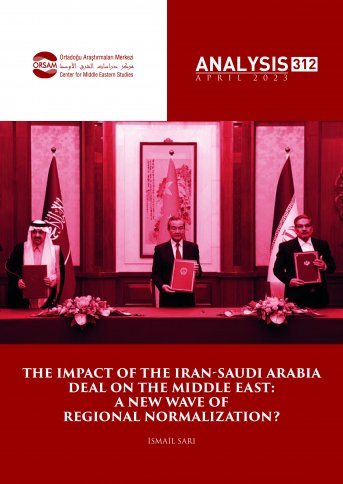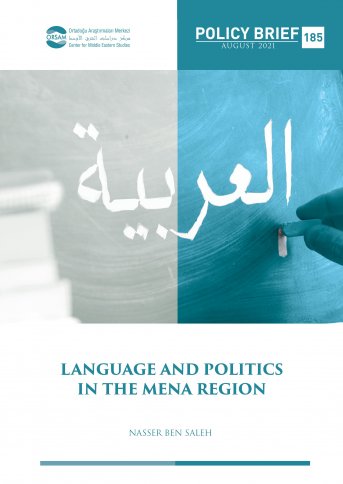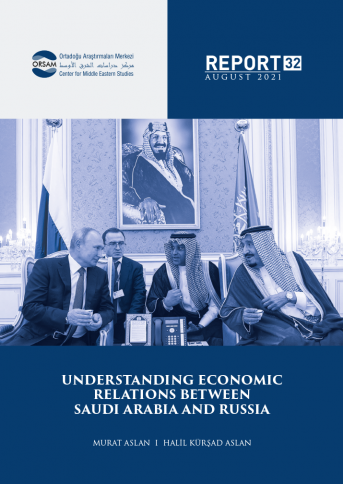
The Struggle for Power in Red Sea: Causes and Actors
The Red Sea, which connects the Mediterranean and the Indian Ocean, is one of the most important waterways in the world. Likewise, the Suez Canal is a sea-level waterway in Egypt, connecting the Mediterranean Sea to the Red Sea, is a very important geopolitical and geoeconomic location with its role in maritime trade and energy transportation. The security of and influence on the Bab-el Mendep Strait, located at the intersection of East Africa and the Middle East to the Indian Ocean, has drawn global and regional actors into a serious competition. The instability in Yemen and Somalia and the sea piracy attempts at the Indian Ocean are closely related to the geopolitical and geoeconomic importance of the Red Sea. In this context, foreign policy strategies of the countries in the region, relations with global and regional actors, and even domestic political developments in these countries are influenced by the Red Sea-oriented rivalry, which at the same time has an effect on the regional contention. Lately, the most important subject in the region is the military bases came into the possession of various global/ regional actors. Therefore, it can be argued that these actors make every effort to obtain such bases in different regional countries. It is, however, not possible to make a description of the causes, scope, and future of the power struggle in the Red Sea without examining the regional and internal developments that shape the foreign policy strategies of the countries in the region and evaluating how these developments are used by global actors.








